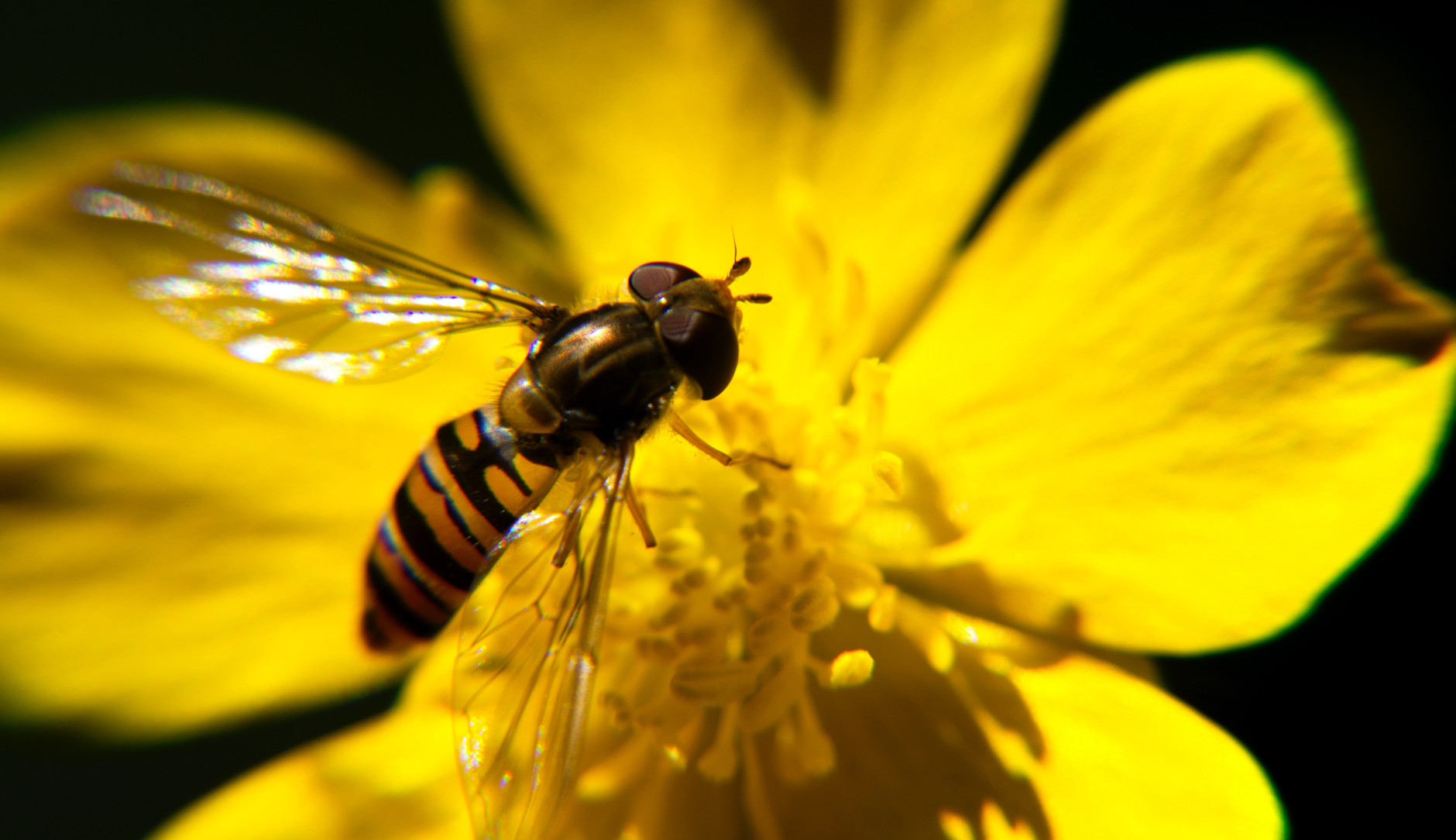COP15 Biodiversity Accord is a good start, but it can be better
Volt calls for increased policy attention to biodiversity preservation in Europe!

Volt calls for increased policy attention to biodiversity preservation in Europe!
Support the conservation of wild species, particularly key species like bees
Increase the quantity and quality of protected areas by reducing the size of agricultural areas through more effective methods of food production
Acceptance of our responsibility as developed countries to help developing countries deal with the fallout of climate change
Educate our citizens on more sustainable consumer habits
On Monday the 19th of December, 200 countries signed a landmark accord at the UN’s COP15 summit in Montreal. The goal of the accord is to prevent biodiversity loss in the world’s land and oceans. As a result of human-induced climate change, life on earth as we know it is entering a mass extinction event — the first since the one that wiped the dinosaurs off the face of the earth.
The accord, which has been compared to the 2015 Paris Climate accords (which had the goal to prevent global warming higher than 1.5 degrees, which we are now on our way to miss), sets out to protect 30% of the planet’s nature by 2030. With financial measures to help developing countries, the COP15 accord is a step in the right direction for minimizing the damage we inflict on the world’s biosphere, and ensuring the biodiversity that is essential to all life — including us.
This accord is a good start, but it cannot be the end of humanity’s conservation efforts. Volt considers the goal to preserve 30% of all nature on earth as the bare minimum. Nature outside of that 30% should not be destroyed any further, and corporations that are the driving forces behind the mass extinction have to be held responsible and their carbon footprints halved.
The EU has made a good start by agreeing that by 2027 CO2 emissions would be taxed more, while shielding vulnerable citizens from the effects of this tax with an 86 billion euro fund.
Volt has several policies that tie into the theme of biodiversity and climate preservation.
First, we support the conservation of wild species, particularly key species like bees. We propose updating the European Bird Species Action Plan, and push for the establishment of more urban corridors for pollinators and other species that help preserve biodiversity.
We also plead for the acceptance of our responsibility as developed countries to help developing countries deal with the fallout of climate change. It is simply a fact that we are the largest polluters, and as such we must accept that we have a price to pay for this.
One policy that can make a huge change is to increase the quantity and quality of protected areas by reducing the size of agricultural areas through more effective methods of food production. Increasing the number of protected wildlife areas and ensuring better protection for European natural parks with increased funding and enforcement would go a long way in preventing biodiversity loss in Europe. This would go hand-in-hand with reforming the Common Agricultural Policy (CAP) to increase the focus on sustainable and environmental practices, as well as the harmonistation of sustainable agricultural standards across Europe.
Finally, we must educate our citizens on more sustainable consumer habits, such as encouraging a plant-based diet, promoting the circular economy, educating the public on how the products they consume affect the climate across the planet, and economicaly stimulating local and seasonal businesses.
Volt believes in the power of humanity to come together for large challenges like climate change. Each and every one of us has a responsibility to our environment, though structural and systemic changes are necessary to truly save the planet from the catastrophic scenario we are heading towards. Forums like COP15 provide a good place for dialogue between nations, and Volt is encouraged by the increasing awareness across the globe of the urgency with which we must tackle climate change. There is much work to be done, but facing it with utmost pragmatism and optimism goes a long way in creating the atmosphere in which change can be made!
This article was authored by David Joon.